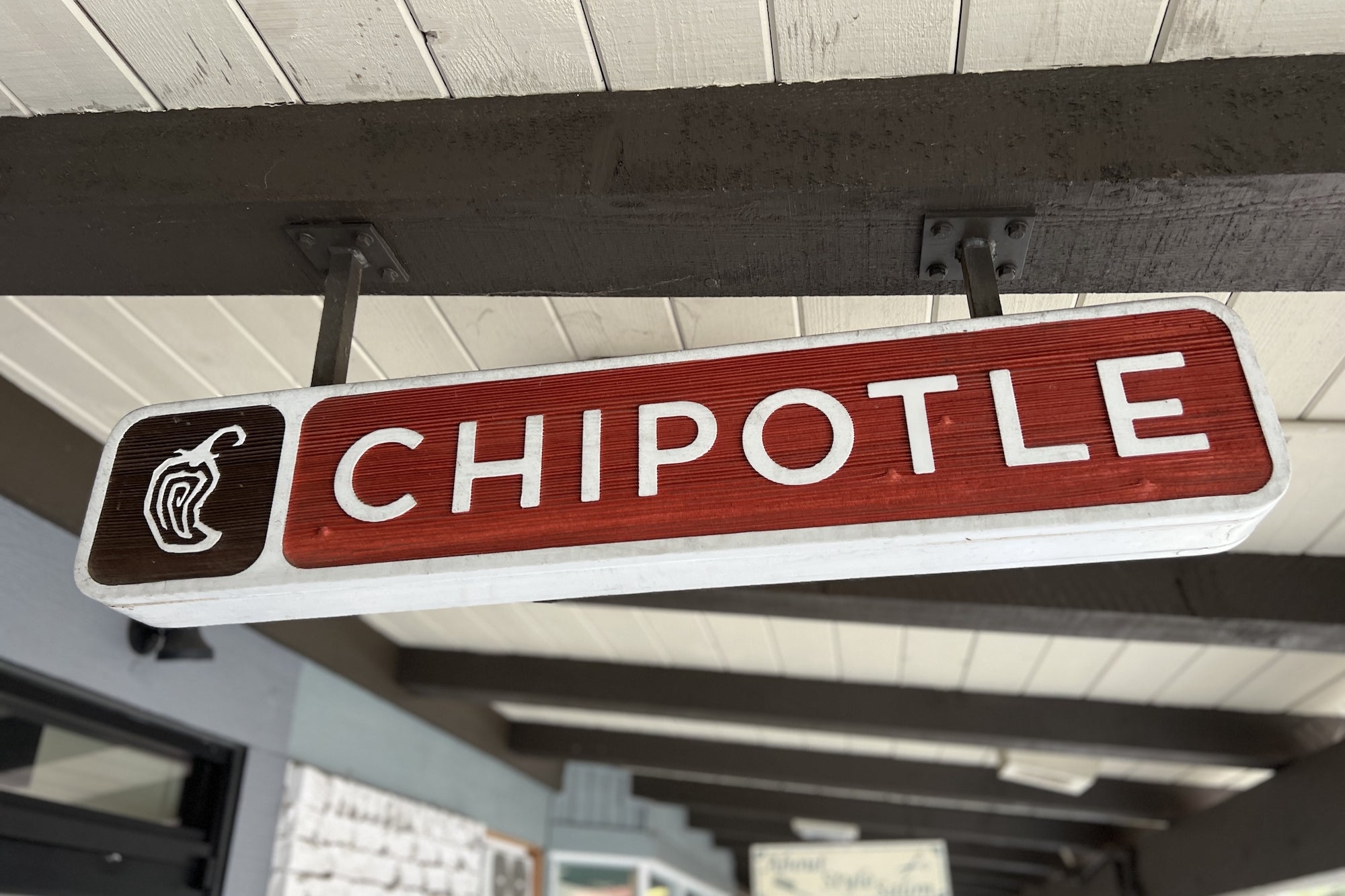What to Consider Before Buying a Franchise Franchise ownership isn't for everyone, nor is every opportunity a gold mine. Here's a shortlist of what you need to know.
Opinions expressed by BIZ Experiences contributors are their own.
 There's little doubt that the right franchising opportunity can be profitable and satisfying for the right BIZ Experiences, and the franchise industry appears eager to welcome and guide new owners.
There's little doubt that the right franchising opportunity can be profitable and satisfying for the right BIZ Experiences, and the franchise industry appears eager to welcome and guide new owners.
Franchise ownership isn't for everyone, however, nor is every opportunity a gold mine.
QSR Magazine, which covers the quick-service restaurant industry, recently served up a noteworthy online piece on 10 factors to consider before buying a restaurant franchise. Most if not all of these points would apply to non-food franchises as well.
The article comes from Scott Keller, sales director of Cincinnati-based Penn Station East Coast Subs, who suggests that potential franchisees use these indicators as they weigh the opportunities.
Some of the advice is common sense that bears repeating, such as doing homework on the franchise, including its expansion plans, and making sure the company provides support in the form of training, construction and marketing.
Other nuggets may be less obvious and are worth reviewing.
For instance, would-be franchisees will want to pay careful attention to Keller's rundown on the Franchise Disclosure Document, which the U.S. Federal Trade Commission requires franchisors to provide at least two weeks before finalizing a deal. (For more on this, read our related article, "How to Read a Franchise Disclosure Document.")
Of the 23 items in the FDD, Keller urges BIZ Experiencess to carefully review two of them: item 19, the earnings claim (which franchisors don't have to provide, although Keller suggest that a lack of disclosure might raise questions) and item 20, which discloses number of units, closures, and current and former franchisee names and contact info.
Aspiring franchisees also need to heed the plethora of fees and costs associated with the business, according to Keller, who warns about hidden costs. Owners should determine, for example, whether vendor rebates are allowing franchisors to profit from supplies or equipment that the franchisee purchases, he says.
The FDD may contain other red flags, like a franchisor's litigation history, notes Keller.
The FTC also offers online information for franchisees, including this striking piece of advice: Personally talk to at least 100 prior purchasers about their experiences.
"Ask questions to verify that they have purchased the franchise or business opportunity and that they are not being paid to provide a favorable review," the FTC recommends. "Visit their business locations in person."










